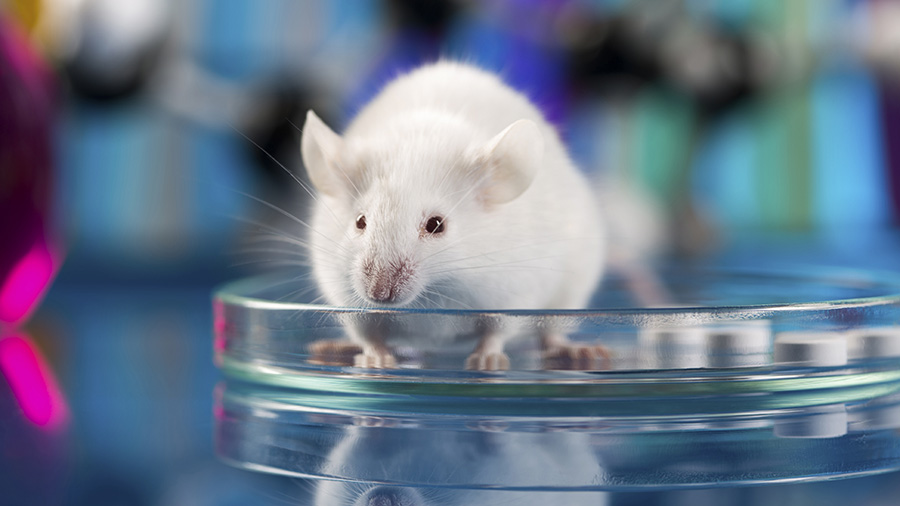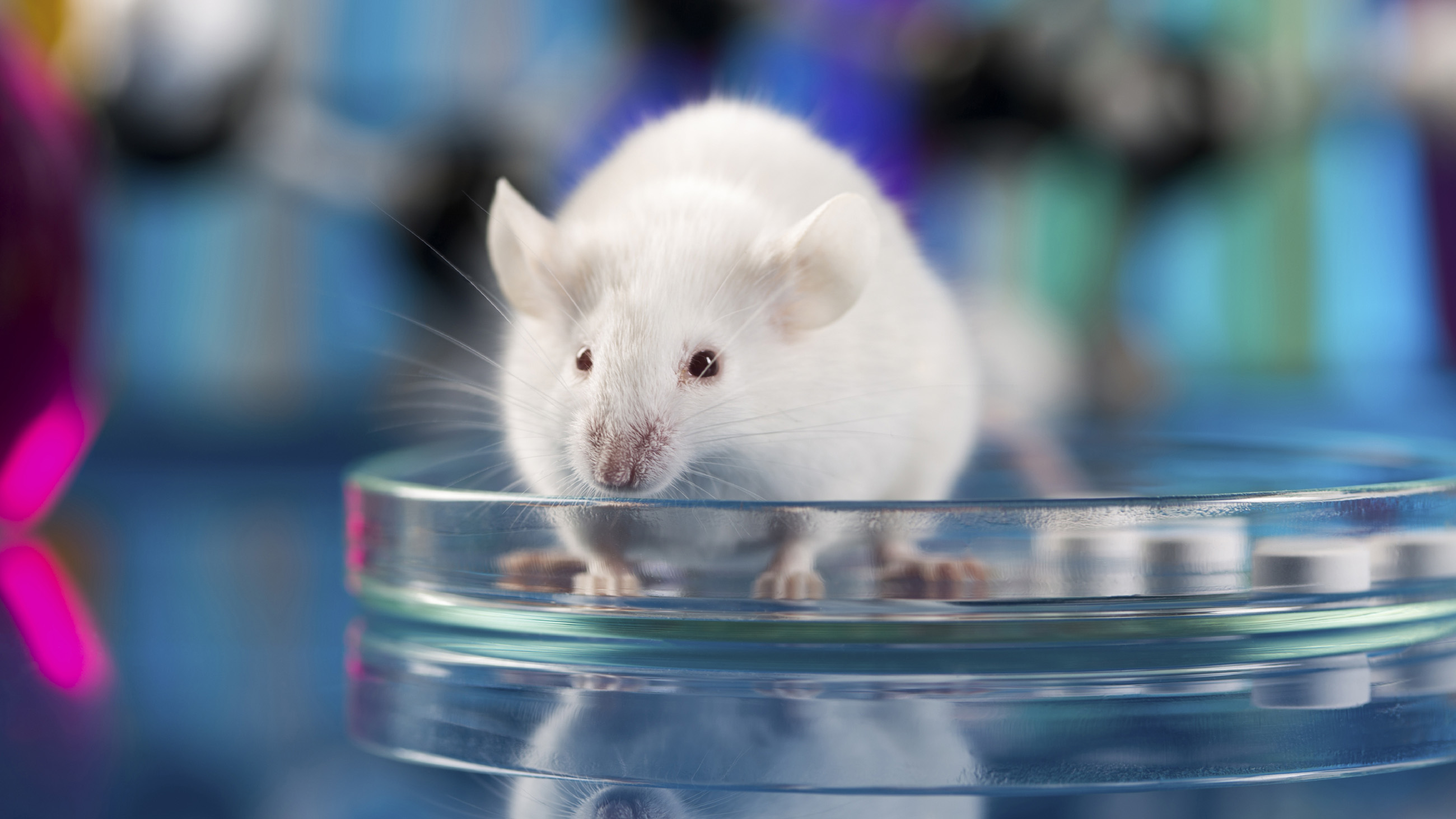Abstracts: An Erupting Volcano, a Lost Satellite, and More
A roundup of science news from around the Web — and around the world.
• Alaska’s most active volcano is quieting down after two days of dramatic displays, including strong tremors, spurts of lava, and a 37,000-foot ash plume that blanketed a local village in grit. (Alaska Dispatch News)
• The Great Barrier Reef is ailing, a coral task force declared yesterday. The massive structure’s corals are experiencing the most severe bleaching — an often-fatal reaction to stressors like high temperatures — ever seen. (The Washington Post)

Research in mice could could shed light on a natural compound for combating the lethal C. diff bacterium. Visual by JacobStudio/iStock
• Japan’s newly launched satellite “Hitomi,” created to study black holes, appears to have partially broken up in the atmosphere. The Japanese space agency JAXA is working to reestablish contact with any surviving equipment that was onboard. (BBC News)
• A presidentially-backed push by health officials would require doctors to log prescriptions to high-risk drugs, like painkillers, in a tracking system intended to prevent drug abuse and overdoses. (The Associated Press)
• Vietnam boasts a remarkable 90 percent cure rate for uncomplicated tuberculosis patients — but their success is a fragile one thanks to a strained health care system. (The New York Times)
• Surprising optimism for the fishing industry: A new study says that if countries share the rights to fish harvests, most of the world’s overfished populations could recover within ten years — without taking money away from fishermen. (National Geographic)
• According to new research in mice, swapping out a single atom could make a natural compound much more effective in combating potentially lethal infections of the bacterium C. diff. (STAT)
• Ignorance is bliss: The comet that passed by Earth on March 22 — the third-closest flyby in recorded history — was significantly larger than previously thought. (Discovery News)
• Journey to the Chhota Shigri Glacier in India, where a lack of glacial research means that scientists are still unsure how Himalayan ice is reacting to climate change — even as local villages see meltwater flood in. (The New Yorker)
• And finally: Quantum computers, which would allow enormous gains in computing power thanks to atomic-sized information units, have moved one step closer to reality. (PC World)











Comments are automatically closed one year after article publication. Archived comments are below.
I would really enjoy hearing more about quantum computing and the benefits it will provide in high-speed computing! Also it would be interesting to read an article on the innovation in home technology and wifi enabled devices, I know there are some professors leading the field at MIT.